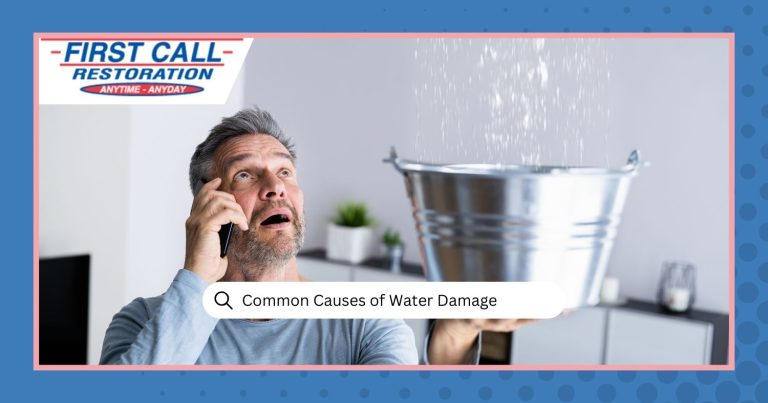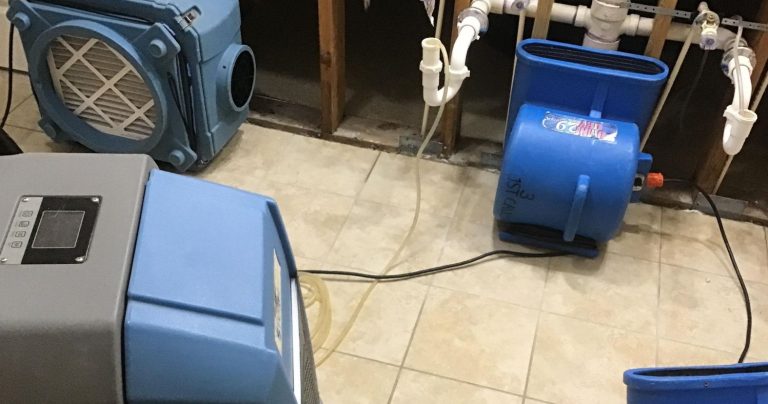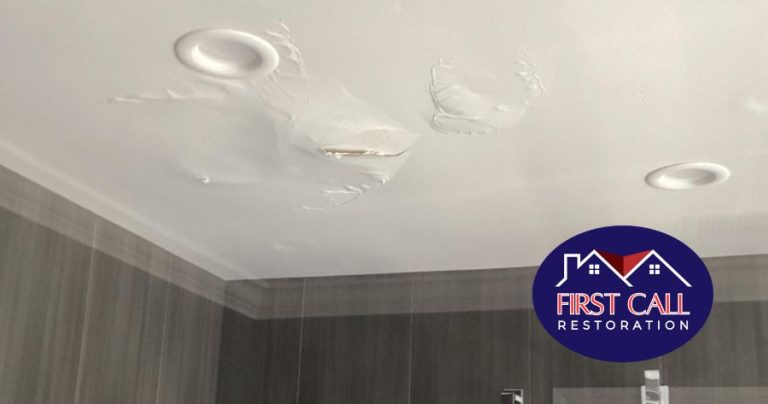Table of Contents
ToggleWhen you sign a lease to rent an apartment in New York, you expect the landlord to provide a safe and habitable place for you to live. Unfortunately, this doesn’t always happen, and tenants may discover mold growing in apartments due to a leak, plumbing problem, or other issues. Because of the health risks inherent with mold in an apartment, tenant rights in New York include recourse for tenants, which may include professional mold removal in Poughkeepsie and beyond.
Legal Protections for Tenants Regarding Mold in New York Apartments
Although no federal or state laws require landlords to disclose mold to prospective tenants, renters should be aware of the New York rental property mold regulations designed to protect them. Understanding mold rights for New York renters can save a great deal of hassle and protect your well-being.
Most legal protections for tenants regarding mold come from Local Law 55, also known as the Asthma Free Housing Act. Under the terms of this legislation, anyone who owns a property with three or more apartments must do everything possible to keep the building free of mold and pests. If a landlord has a tenant with asthma, they must adhere to Local Law 55 regardless of the building size or number of apartments.
More specifically, the law requires landlords to:
- Perform annual inspections to identify mold issues
- Document the findings of these inspections
- Immediately rectify issues that could cause mold, including plumbing leaks
- Remove mold and clean affected areas safely
- Hire a licensed mold remediation company to manage cleanup if the mold covers more than 10 square feet in a building with 10 or more apartments
Upon the discovery of mold in apartments, tenant rights in New York mean that landlords need to respond quickly to the complaint and take action to address it. The law prohibits landlords from performing their own inspection and abatement if the mold covers more than 10 square feet and requires them to hire a professional service to do the work. It’s also illegal under New York mold remediation laws for the same company to perform the mold assessment and cleanup.
Mold Issues and Tenant Rights in NY Apartments
New York State and NYC apartment mold infestation guidelines assign some responsibility to tenants for dealing with the problem. Tenants must notify the landlord at the first sign of mold growth or a problem that could lead to an infestation so the owner can take steps to solve it.
If the landlord does not respond, tenants can file a complaint with the non-emergency services bureau (311 in New York City). If the mold infestation causes harm, such as illness from mold in apartments, tenant rights in New York and NYC apartment mold infestation guidelines allow tenants to pursue further recourse against the landlord. Options include:
- Withholding rent. Tenants can choose to stop paying rent if the problem continues and makes the apartment uninhabitable, as landlords in New York have a legal obligation to keep the property in livable condition.
- Repair and deduct. Tenants can also pay for repairs and remediation themselves and deduct the cost from their rent payment.
- Suing for damages. If you become ill or sustain other damages due to mold in your apartment and the landlord did not fulfill their obligation to clean it up, you may be able to file a lawsuit in small claims court to recover damages.
What To Do If You Find Mold Growing In Apartments
Although you might think mold is an issue in humid climates, it can grow anywhere there’s excess moisture. The National Weather Services notes that coastal New York has a higher-than-average risk for flooding, but it doesn’t take a major weather event to cause damage. Even a small pipe leak can result in water damage that supports mod, so it’s critical to stay alert.
If you find mold in your apartment, know the mold remediation and tenant rights in NYC and respond accordingly. This means:
- Reporting the problem to the landlord
- Filing a complaint with 311 or non-emergency services if they do not respond
- Requesting a mold inspection
- Arranging for repairs and mold remediation
Call First Call Restoration for Help With Mold in New York
When there is mold in an apartment, tenant rights in New York ensure the health and safety of the occupants. For help dealing with a widespread infestation, contact First Call Restoration at (845) 442-6714 for prompt assistance in Poughkeepsie, NY.




